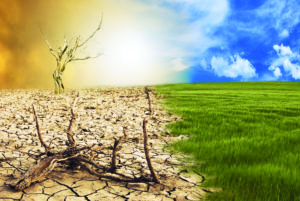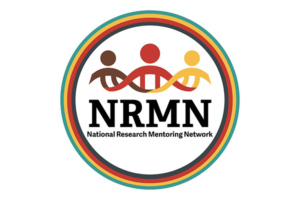Much More Online


Educating Students on the Psychology of Sustainability
Humans’ impact on the environment is one of the most pressing social issues today, and it’s time to include it in psychology courses, says APS Fellow Barbara Malt.

Changing the Climate on Climate Change
A team of scientists highlights evidence-based insights for public policy and decision-making on climate change.

The Social Dynamics of Environmentalism
Our willingness to engage in pro-environmental activities reflects how we relate with our political ecosystems and nature itself.

Focusing on Changing Norms Can Spur Eco-Friendly Behavior
The best way to encourage environmentally friendly behavior may be to focus on the changes that are already happening.

Climate Change: The Psychological Impact
Read collected research on how psychological scientists are studying how we’re all weathering a warming planet.

Podcast: The Horse and Human Brain
APS Charter Member Janet Jones shares how her experience as a horse trainer has shaped her research in Under the Cortex.

Virtual Networking for Scientists
Catch up on virtual networking tips and more with the APS Student and Early-Career Webinar Series.

Visit the MITM archive to view media coverage of our members’ research and to learn more about how they are sharing psychological science with the public.

Learn about the National Research Mentoring Network’s evidence-based practices, and watch other APS funding and
policy webinars.

Current Directions in Psychological Science Podcast
Journal Editor Robert Goldstone invites study authors to dive deeper into the compelling insights behind their recently published research.





APS regularly opens certain online articles for discussion on our website. Effective February 2021, you must be a logged-in APS member to post comments. By posting a comment, you agree to our Community Guidelines and the display of your profile information, including your name and affiliation. Any opinions, findings, conclusions, or recommendations present in article comments are those of the writers and do not necessarily reflect the views of APS or the article’s author. For more information, please see our Community Guidelines.
Please login with your APS account to comment.